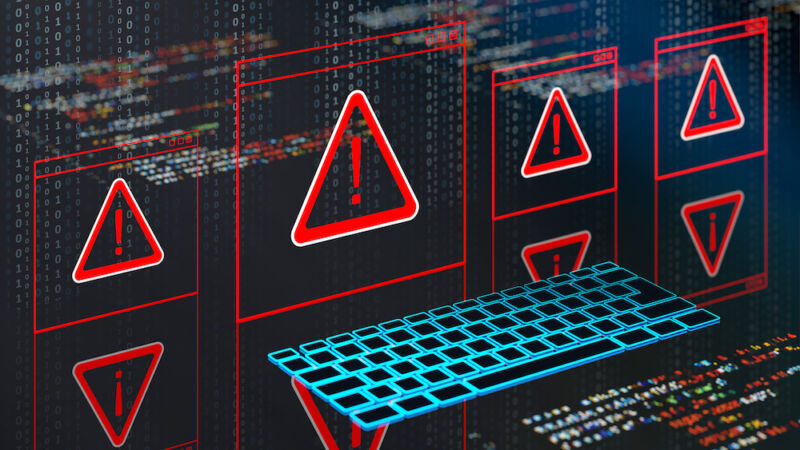Windows 0-day was exploited by North Korea to install advanced rootkit

Enlarge (credit: Getty Images)
A Windows zero-day vulnerability recently patched by Microsoft was exploited by hackers working on behalf of the North Korean government so they could install custom malware that’s exceptionally stealthy and advanced, researchers reported Monday.
The vulnerability, tracked as CVE-2024-38193, was one of six zero-days—meaning vulnerabilities known or actively exploited before the vendor has a patch—fixed in Microsoft’s monthly update release last Tuesday. Microsoft said the vulnerability—in a class known as a "use after free"—was located in AFD.sys, the binary file for what’s known as the ancillary function driver and the kernel entry point for the Winsock API. Microsoft warned that the zero-day could be exploited to give attackers system privileges, the maximum system rights available in Windows and a required status for executing untrusted code.
Lazarus gets access to the Windows kernel
Microsoft warned at the time that the vulnerability was being actively exploited but provided no details about who was behind the attacks or what their ultimate objective was. On Monday, researchers with Gen—the security firm that discovered the attacks and reported them privately to Microsoft—said the threat actors were part of Lazarus, the name researchers use to track a hacking outfit backed by the North Korean government.




